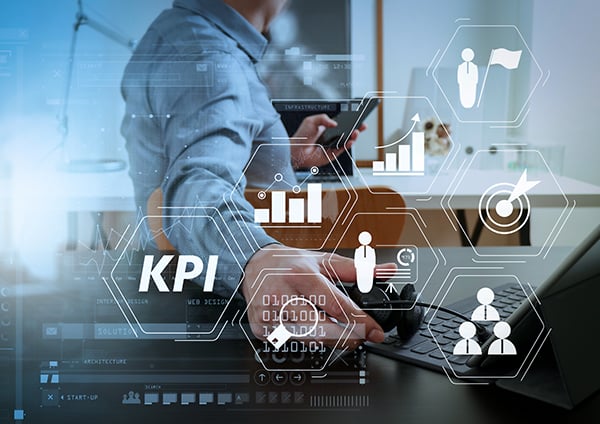Accounting Software Assist in Tracking Financial Performance and key Metrics

Accounting software assists in tracking financial performance and key metrics by providing tools and functionalities to record, analyze, and report on financial data. Here's how accounting software supports tracking financial performance and key metrics:
Financial Data Recording: Accounting software records financial transactions, such as sales, purchases, expenses, and payments, in a centralized database. Users can enter transaction details, categorize transactions, and assign them to specific accounts, ensuring accurate and comprehensive financial data.
Chart of Accounts: Accounting software utilizes a chart of accounts, which is a structured list of all accounts used by a business to record financial transactions. Users can customize the chart of accounts to reflect the unique structure and reporting needs of their business, organizing accounts into categories such as assets, liabilities, equity, revenue, and expenses.
Financial Statements: Accounting software generates financial statements, such as balance sheets, income statements, and cash flow statements, based on the recorded financial data. Users can generate financial statements for specific reporting periods (e.g., monthly, quarterly, annually) to assess the financial position, performance, and liquidity of the business.
Key Performance Indicators (KPIs): Accounting software allows users to define and track key performance indicators (KPIs) that measure the financial health and performance of the business. Common financial KPIs include profitability ratios (e.g., gross profit margin, net profit margin), liquidity ratios (e.g., current ratio, quick ratio), efficiency ratios (e.g., inventory turnover, accounts receivable turnover), and solvency ratios (e.g., debt-to-equity ratio, interest coverage ratio).
Budgets and Forecasts: Accounting software supports budgeting and forecasting processes by allowing users to set financial goals, create budget plans, and forecast future financial performance. Users can compare actual financial results against budgeted amounts, identify variances, and adjust budgets and forecasts accordingly to align with business objectives.
Custom Reports and Dashboards: Accounting software enables users to generate custom reports and dashboards that provide insights into financial performance and key metrics. Users can customize report templates, select data fields, apply filters, and visualize data using charts, graphs, and tables to analyze trends, identify patterns, and make informed decisions.
Variance Analysis: Accounting software facilitates variance analysis by comparing actual financial results against budgeted or forecasted amounts. Users can identify variances, investigate the causes of discrepancies, and take corrective actions to address budget overruns or underperformance in key areas.
Trend Analysis: Accounting software supports trend analysis by allowing users to track financial performance over time and identify long-term patterns or trends. Users can analyze historical data, compare performance across different periods, and project future trends based on historical performance.
Departmental or Project-Level Reporting: Accounting software provides tools for departmental or project-level reporting, allowing users to assess the financial performance of specific departments, projects, or cost centers. Users can allocate expenses, track revenue, and analyze profitability at a granular level to optimize resource allocation and improve decision-making.
Integration with Business Intelligence Tools: Accounting software integrates with business intelligence (BI) tools or analytics platforms to enhance financial reporting and analysis capabilities. Integration enables users to access advanced analytics, predictive modeling, and data visualization features to gain deeper insights into financial performance and key metrics.
Overall, accounting software assists in tracking financial performance and key metrics by recording financial data, generating financial statements, tracking KPIs, budgeting and forecasting, creating custom reports and dashboards, conducting variance analysis, trend analysis, departmental or project-level reporting, and integrating with BI tools. By leveraging these capabilities, businesses can monitor their financial health, identify areas for improvement, and make data-driven decisions to achieve their strategic objectives.
Thank you,